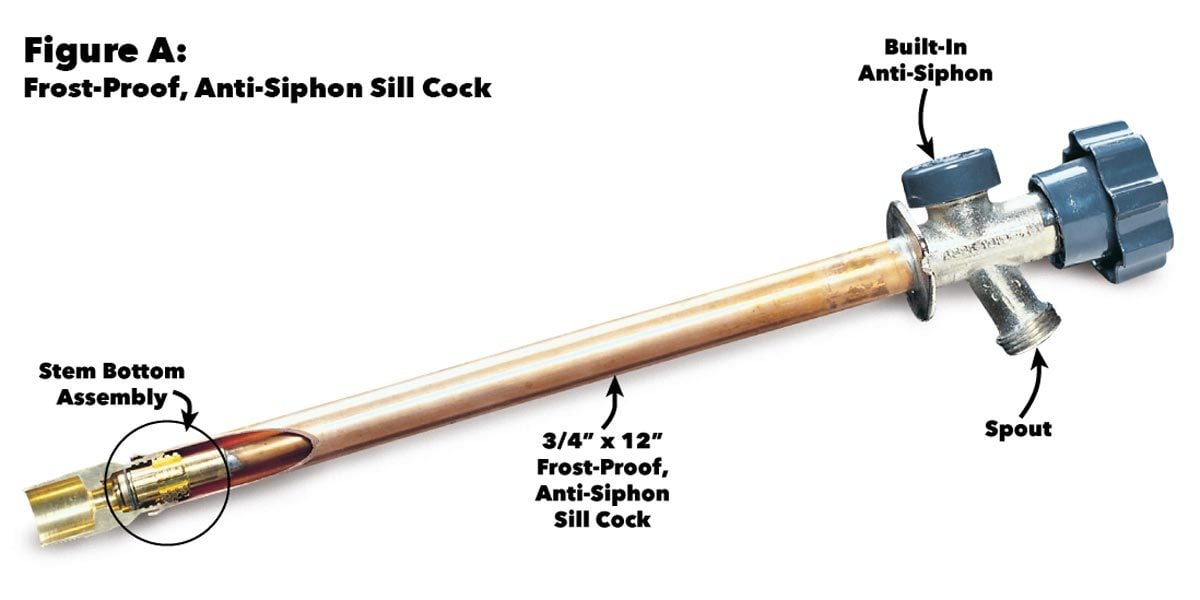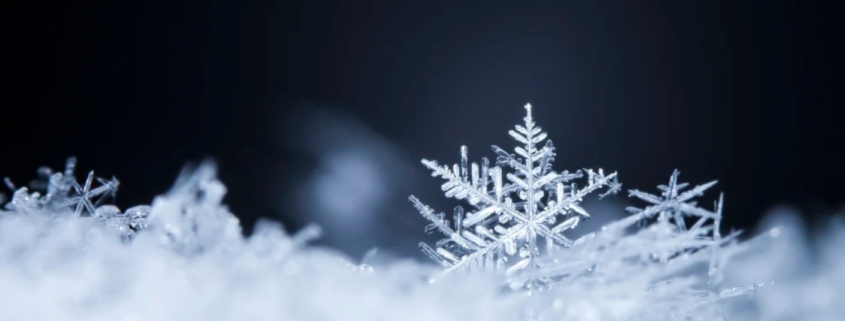Winter Weather Tips 2021
Anytime the temperature dips below 25 degrees, it is always best to prepare for the worse.
Here are the few ways in which you can take care of your house in this winter:
- Vacant buildings need to have the heat inside set over 60 degrees.
- Outside faucets need to be wrapped and covered.
- All plumbing facing north walls needs extra attention. Cold waves can finds it ways easily into those walls.
Natural gas winter weather tips:
https://www.atmosenergy.com/safety/weather-safety
Pool winter weather tips:
https://www.tbtspools.com/winter-tips
For more information check out the cities faq as well:
Protect your pipes now before the freeze hits
How To Prepare Your Home’s Plumbing For Cold Weather
Winter is coming, and with it comes the inevitable plumbing troubles. If you’re worried about your pipes freezing, the good news is there’s a lot you can do to prevent it. I’m going to show you how to prepare for winter and keep your pipes from freezing. Let’s get started!
What can you do to prepare for winter?
You might be thinking, “Just drain out your pipes more often. I should have them drip when it gets colder, but they never seem to be fully cleared, so it never seems to work.” I’ll tell you why this doesn’t work. Let’s first talk about what you can do to prepare for winter and your plumbing problems. You can do several things to make sure you’re prepared, some of which require time, and some of which you can do yourself.
What if my pipes freeze anyway
Well, first of all, nobody likes to be woken up in the morning by the dreaded sound of a water drip. But that’s what happens when you don’t take steps to prevent pipes from freezing. With careful maintenance, we can avoid the big chill. Here are a few tips to keep your plumbing in tip-top shape during the colder months. Here’s my dirty secret: I’ve got a frost-free faucet. And I’ll bet a lot of you don’t even know that your faucets are supposed to be frost-free. If you can afford it, invest in a faucet with a screw-on de-icer valve. That’s the best way to keep pipes from freezing, and it’s also the most efficient. Frost-free valves cost around $10 and come with different flow rates depending on the size of your faucet. The higher the flow, the faster the valve will turn.

The best way to prevent pipes from freezing
With high temps and heavy rain last week, there’s a good chance your pipes will freeze if you’re still not prepared. Before winter, you’ll want to make sure your water system is ready. First, you need to make sure your water service line is disconnected from any service pipes or fixtures near your home. Then, if your pipes do freeze, you’ll be ready. You can get the hang of this with these two simple steps. 1. Turning off the main water valve The easiest way to get this done is to disconnect the main water valve. You’ll need to disconnect it because you’ll need it to turn your water back on. 2. Turning off the water valve Once you’ve disconnected the main water valve, you can turn your water back on manually to make sure your pipes don’t freeze. If your pipes do freeze, you’ll have
What to do if your pipes are frozen
If you haven’t already done so, take a minute and go outside and look at your plumbing. If you see any exposed pipes sticking out of the ground, shut off the water to the affected areas and take the appropriate measures to thaw it. As a general rule of thumb, you should use a blowtorch or heat gun and hold it directly against the frozen area. If it’s still frozen by the time you’re done, call a professional to thaw it for you. Pots and pans, anyone? If you don’t have a dehumidifier or a heat gun at home, there are other steps you can take. You can keep your house warm with candles, a space heater, or even a space-heated mat you can sit outside on the ground. But if you do have either of those appliances, don’t use them inside your house! Open up your home to the chilly outdoors, and you
Conclusion
Every homeowner knows how cold it can get in the winter. Some of us are lucky enough to get by without so much as a flicker of frostbite. Unfortunately, that isn’t the case for everyone. Many parts of the country experience frigid temperatures in the winter, making keeping pipes from freezing more important than ever. However, having never suffered through a terrible winter, I can’t be sure how difficult the freeze will be for you. But knowing what to do to prevent the freeze is always helpful in case the temperatures drop too low. Taking preventative measures is a much better approach than trying to simply deal with a burst pipe in the middle of the night, and this advice is completely free.



